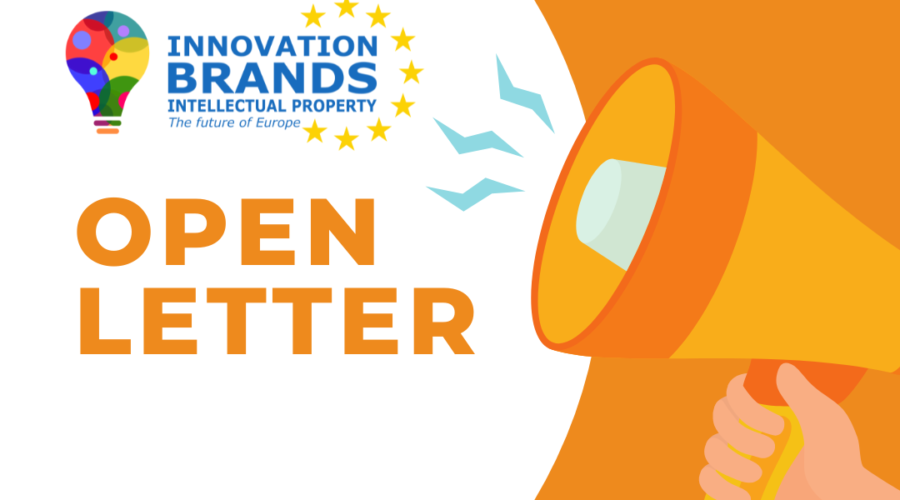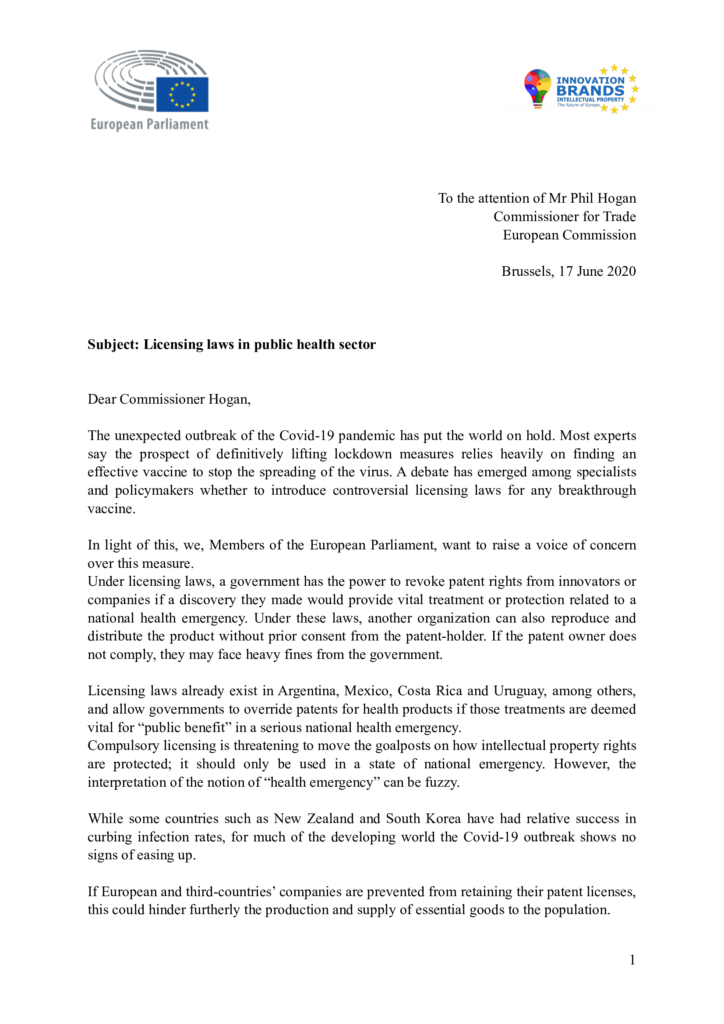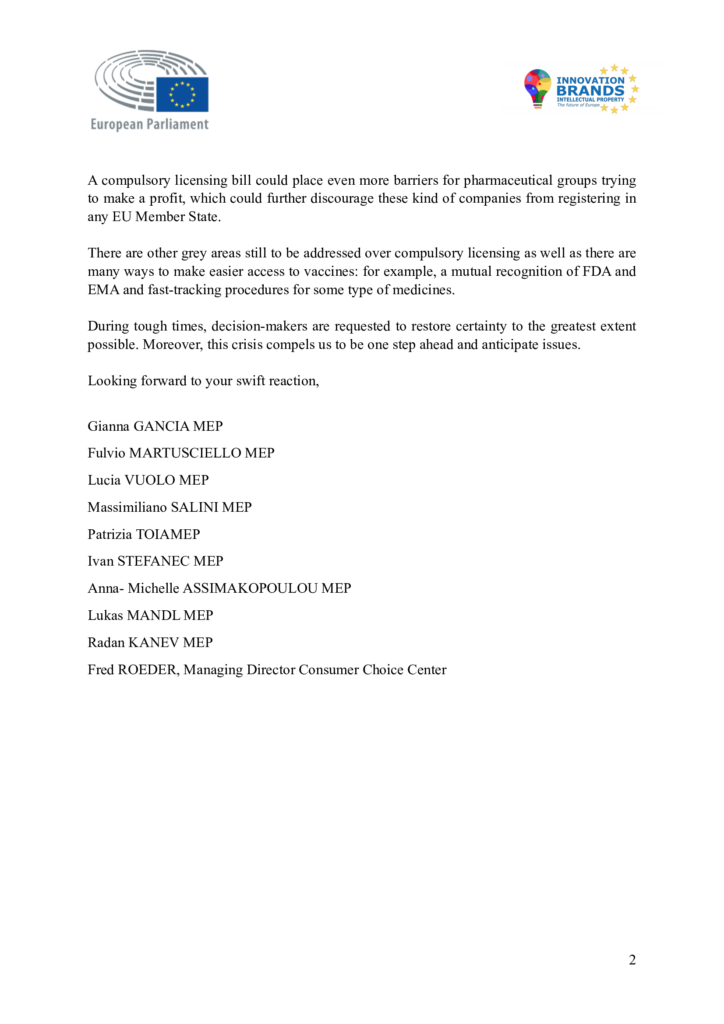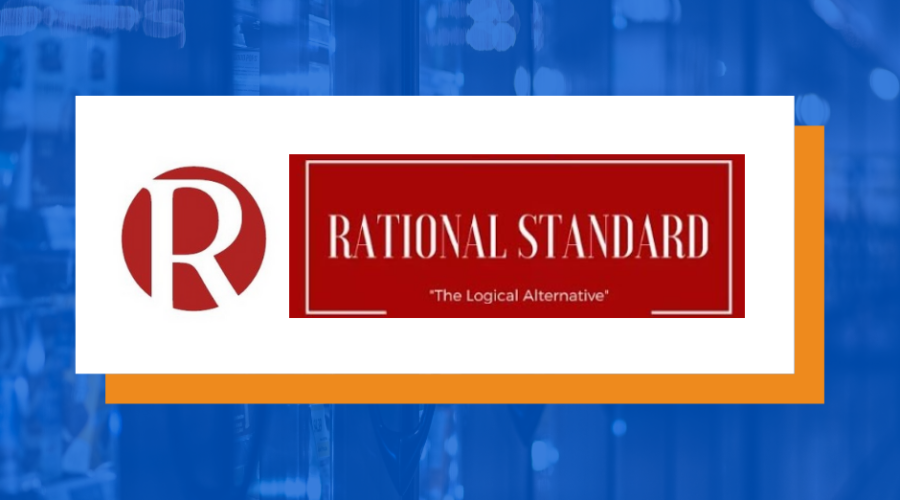Policy Victory Ukraine: Cancelled Tariffs on Imported Fertilisers

The Issue
In May, the Ukrainian government announced it was considering introducing tariffs on imported fertilisers from the EU. Though presented as a means to protect domestic industries, import quotas are not only highly protectionist but, more importantly, they are a sure sign there are some powerful domestic lobby interests at play. In the case of Ukraine and fertilisers, it’s the infamous oligarchs Firtash and Kolomoisky who initiated the review of Ukrainian trade policy. Both own large nitrogen enterprises and have a record of pursuing a monopolistic position on the Ukrainian market.
Small and medium farmers and Ukrainian consumers had the most to lose from the quotas.
The CCC Response
We have responded to the issue by writing extensively in Ukrainian media to criticise such a move. Trade protectionism is damaging and costly and threatens consumer choice. Our European Affairs Associate Maria Chaplia appeared in multiple Ukrainian outlets.
The Outcome
On June 24th, the Ukrainian government decided against the quotas in favor of free trade. Trade with the EU is especially beneficial to Ukraine as it allows cheaper food production at home in Ukraine and hence lower food prices for Ukrainians. We are very proud that we have played a role in bringing about this consumer-friendly outcome.











